On Monday, Canada announced it is implementing a 100% tariff on imports of electric vehicles (EVs) produced in China.
This decision aligns with similar tariffs imposed by the United States, which Western governments argue are necessary due to Chinese subsidies that give its automotive industry an unfair competitive edge.
U.S. National Security Advisor’s Influence Ahead of Beijing Visit

This move follows encouragement from U.S. National Security Advisor Jake Sullivan, who met with Canadian Prime Minister Justin Trudeau and members of his Cabinet on Sunday.
Sullivan is scheduled to visit Beijing on Tuesday for his first trip to China.
Canada to Impose 25% Tariff
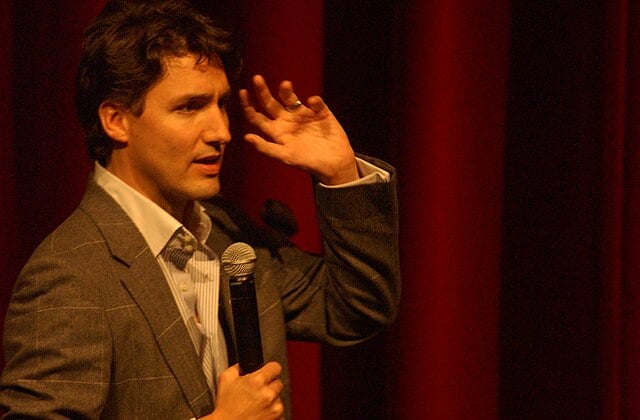
Prime Minister Trudeau also declared that Canada would introduce a 25% tariff on Chinese steel and aluminum.
“Actors like China have chosen to give themselves an unfair advantage in the global marketplace,” Trudeau stated. At this time, there has been no immediate reaction from Chinese authorities.
Tesla’s Potential to Evade Tariffs
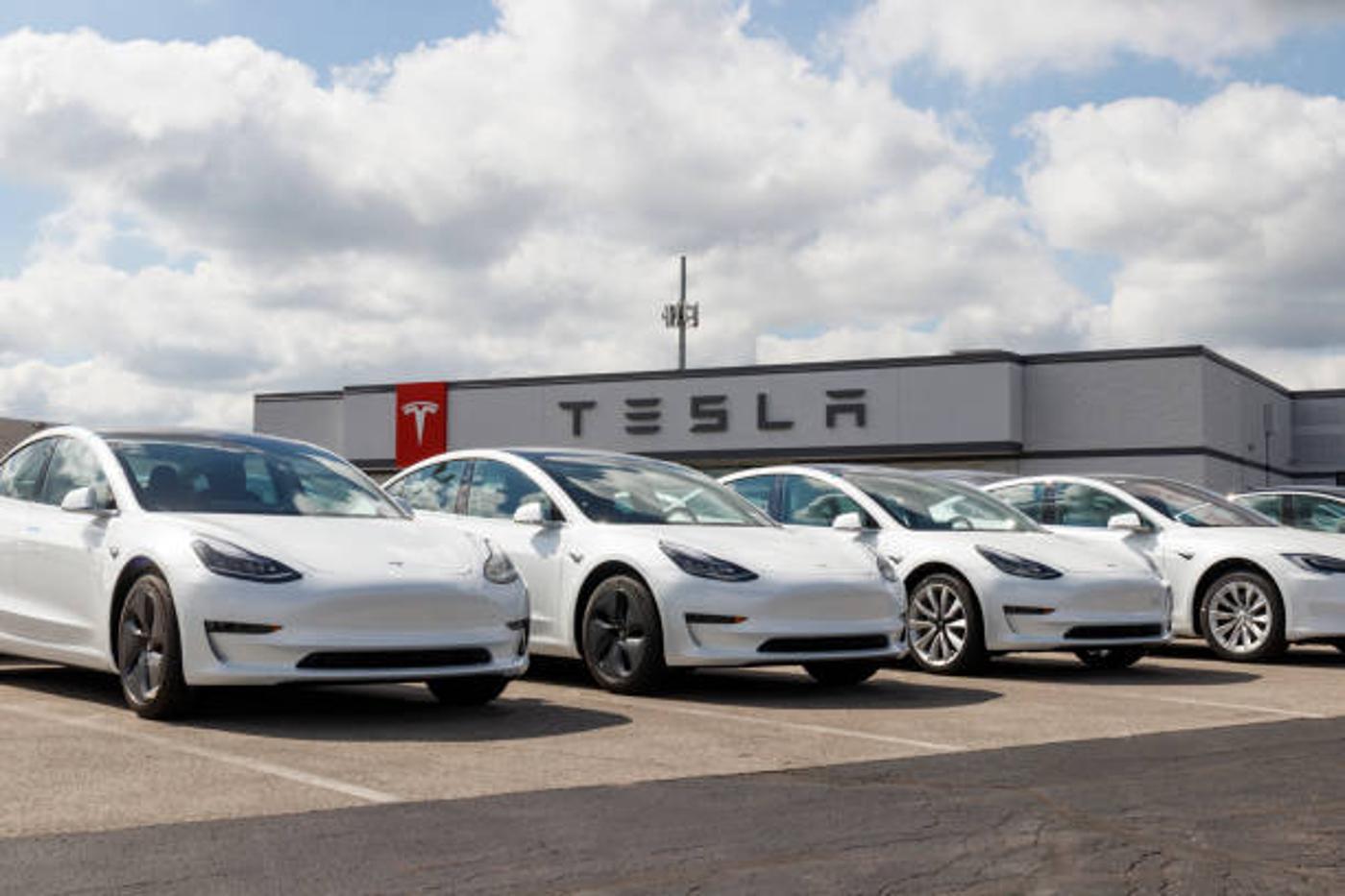
Among the Chinese-made EVs imported into Canada is a model from Tesla, which is produced at the company’s factory in Shanghai.
However, Tesla could potentially avoid these tariffs by shifting its supply of vehicles to Canada from its manufacturing facilities in the U.S. or Germany.
Chinese EV Manufacturer BYD Plans Entry into Canadian Market

While Chinese brands have not yet established a significant presence in the Canadian market, BYD, a major Chinese EV manufacturer, set up a corporate entity in Canada last spring.
BYD has expressed intentions to enter the Canadian market possibly as early as next year.
Chinese Concerns Over U.S. Tariffs
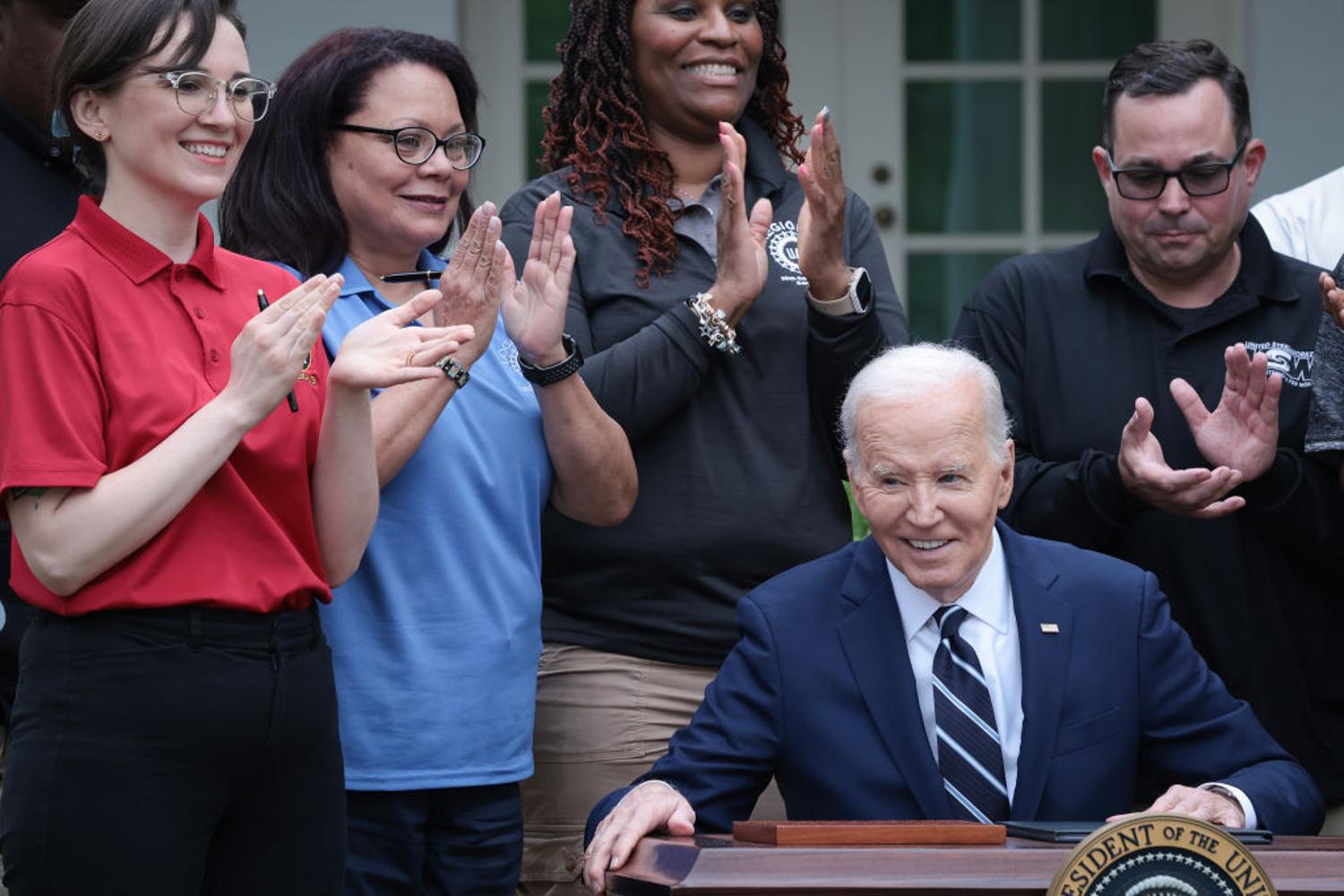
Chinese officials are expected to voice concerns about the American tariffs during Sullivan’s visit, especially as Beijing continues to navigate its economic recovery post-Covid-19 pandemic.
In May, President Joe Biden imposed substantial new tariffs on various Chinese products, including electric vehicles, advanced batteries, solar cells, steel, aluminum, and medical equipment.
Sullivan Advocates for Unified Approach
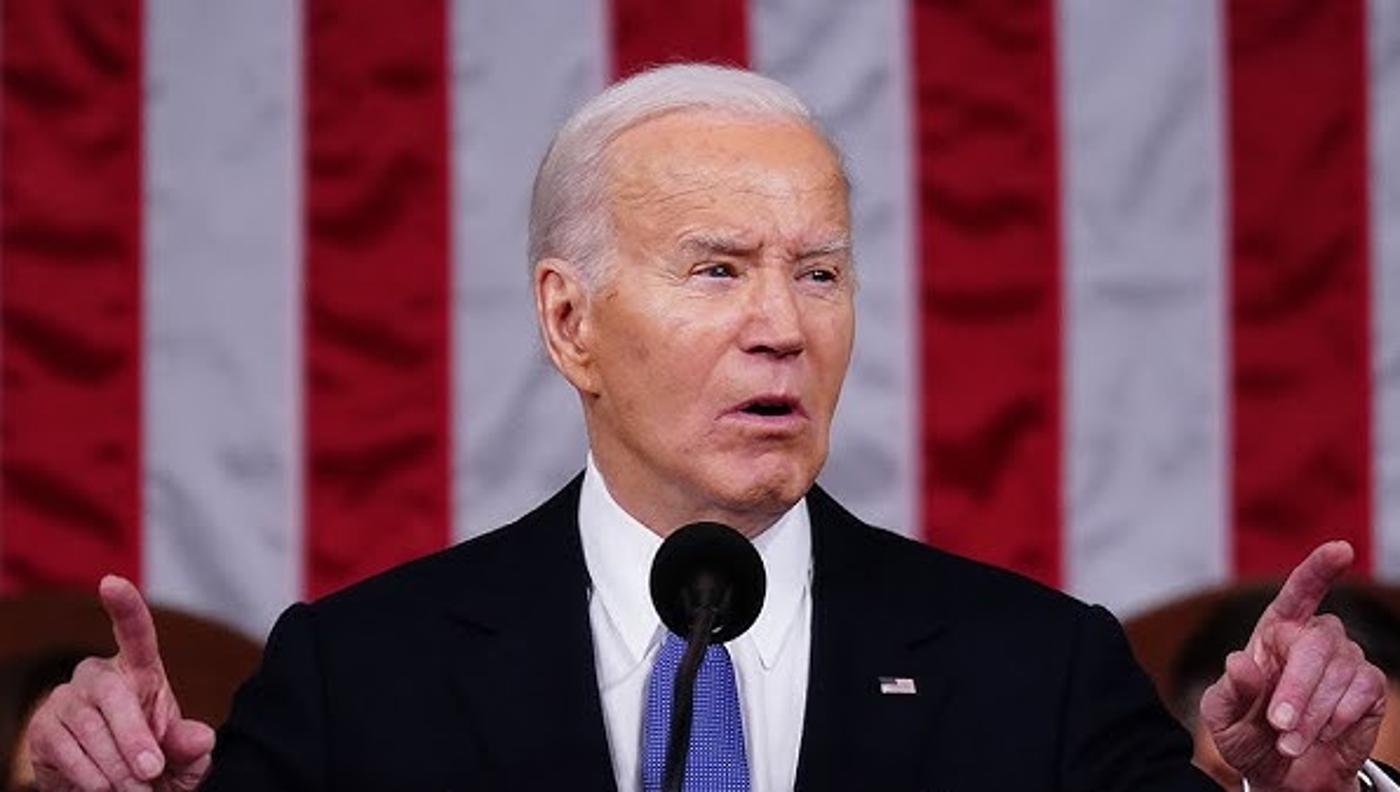
Sullivan remarked to reporters on Sunday, “The U.S. does believe that a united front, a coordinated approach on these issues benefits all of us.”
President Biden has criticized Chinese government subsidies for EVs and other consumer goods, arguing that these subsidies allow Chinese companies to operate without turning a profit, thereby gaining an unfair advantage in global trade.
EVs at Low Price

Chinese firms are able to offer EVs at prices as low as $12,000.
China’s solar cell manufacturing plants and steel and aluminum mills are capable of meeting a significant portion of global demand. Chinese officials contend that their production practices help keep prices low and support the transition to a green economy.
Trudeau Emphasizes Global Alignment
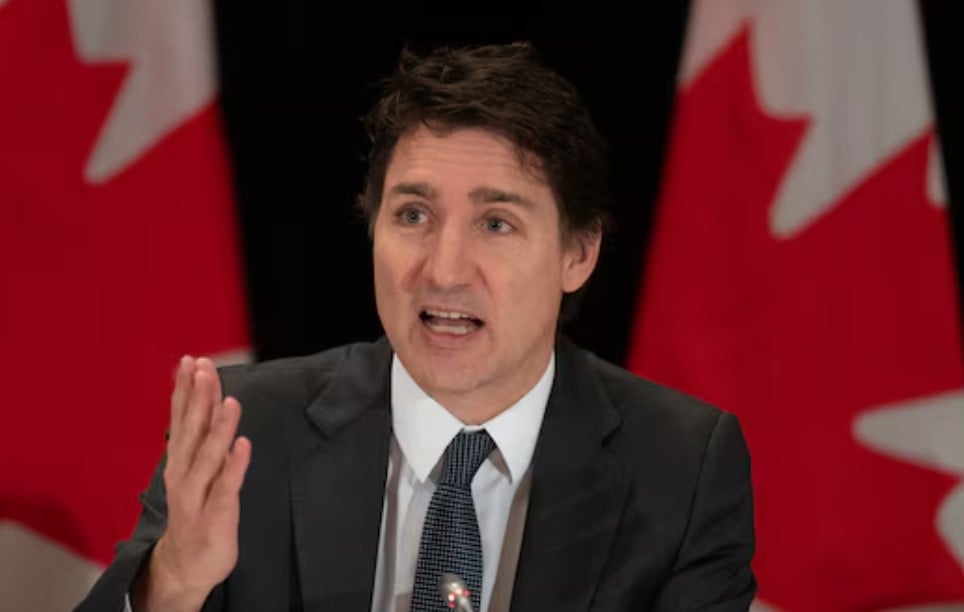
In response to the new tariffs, Trudeau commented, “We’re doing it in alignment, in parallel, with other economies around the world that recognize that this is a challenge that we are all facing.”
He added, “Unless we all want to get to a race to the bottom, we have to stand up.”
Canada to Review Potential Tariffs

Additionally, Deputy Prime Minister Chrystia Freeland announced that Canada would begin a 30-day consultation.
This review will explore the potential implementation of tariffs on Chinese batteries, battery parts, semiconductors, critical minerals, metals, and solar panels.
Freeland Criticizes Chinese Overcapacity Policies
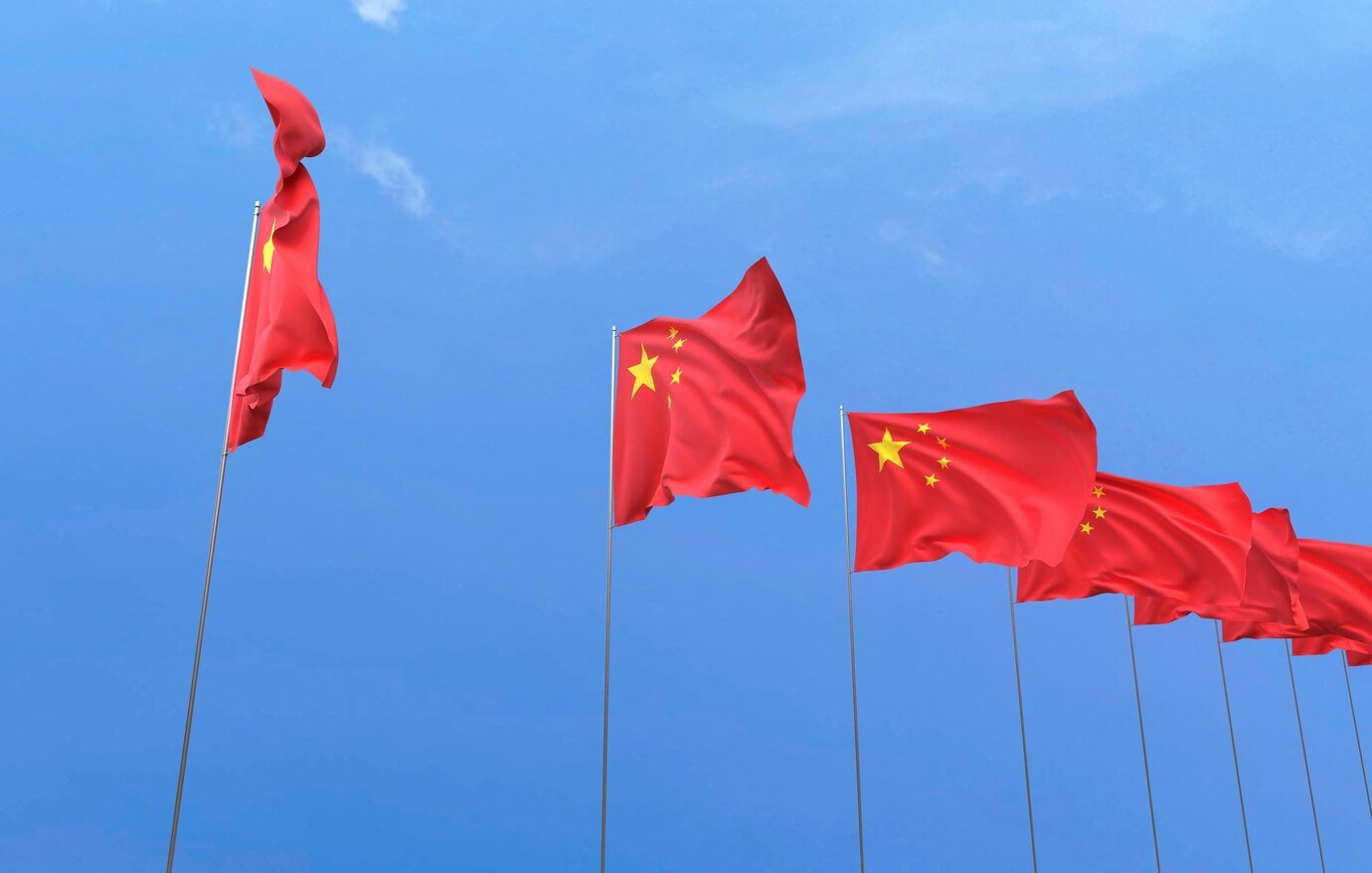
user6702303/Freepik
Freeland stated, “China has an intentional state-directed policy of overcapacity and oversupply designed to cripple our own industry.”
“We simply will not allow that to happen to our EV sector, which has shown such promise.”
Potential Chinese Retaliation

Former Canadian Ambassador to China, Guy Saint-Jacques, explained that Canada’s decision to align with the U.S. stance is influenced by the deep economic integration between the two countries, with over 75% of Canadian exports going to the U.S.
He also predicted that Canada might face retaliation from China in other sectors, such as barley and pork, as China may seek alternative suppliers. “China will want to send a message,” he concluded.








































